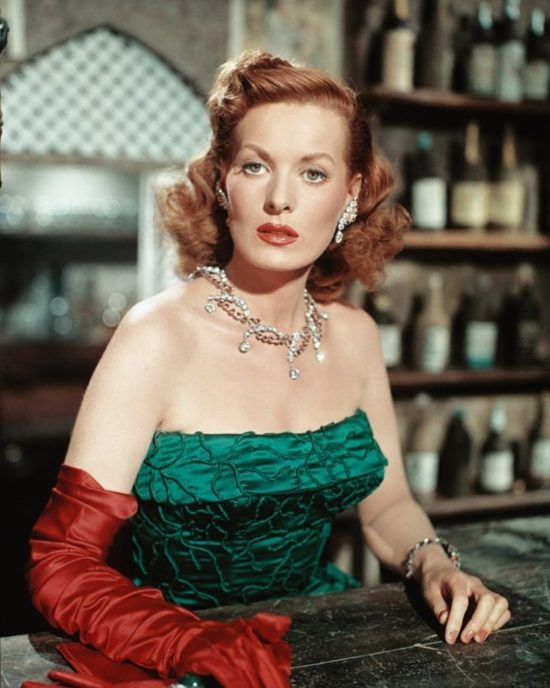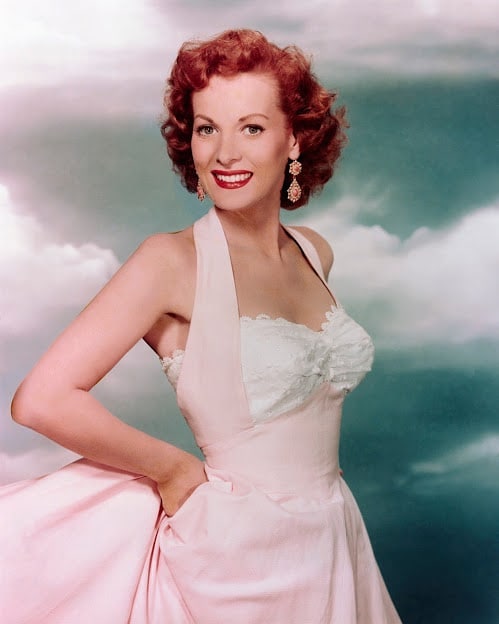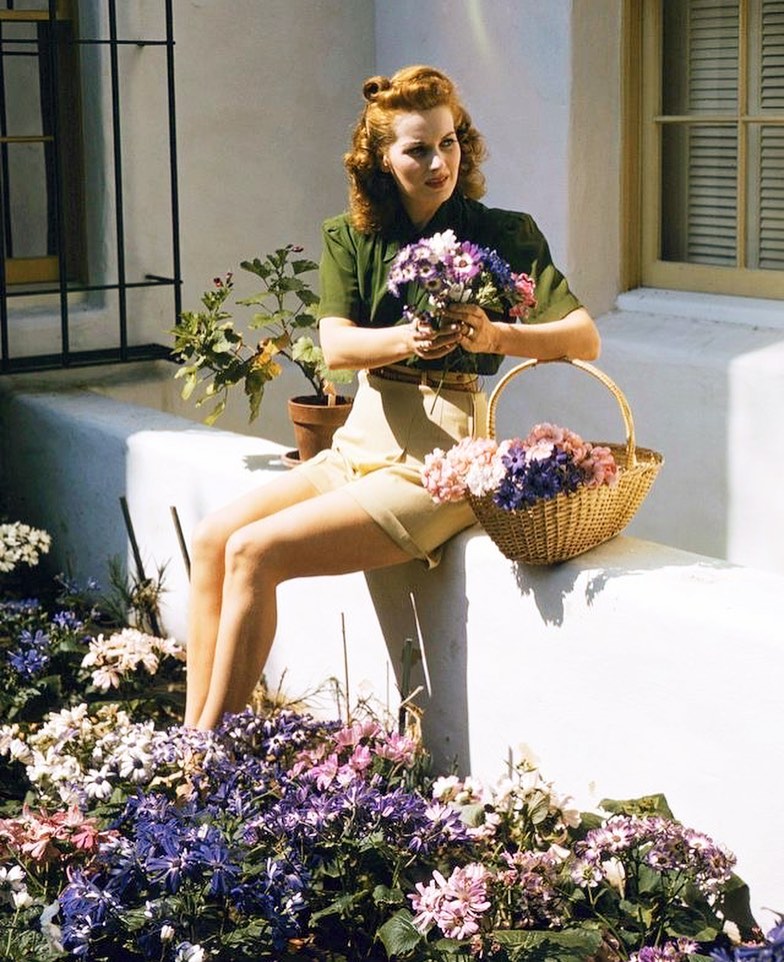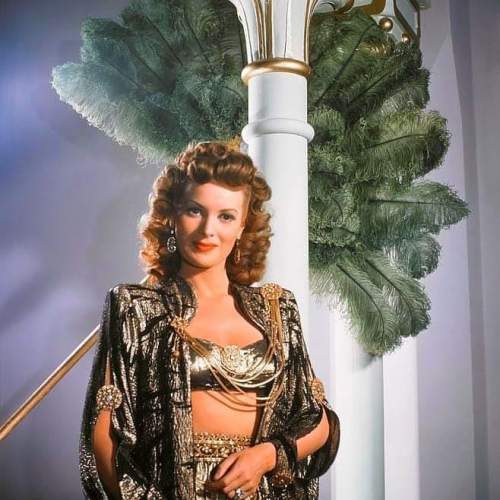Maureen O'Hara
Maureen
FitzSimons (17 August 1920 until 24 October 15th, 2015) was an Irish singer,
actress and actor who gained fame in Hollywood in the 1940s and into the 1960s.
Her redhead-like nature was a draw to play strong, intelligent characters in
Westerns and adventure films. Charles Laughton was the first to see her
potential as a star and introduced her to Hollywood. She also had numerous
collaborations alongside John Ford and John Wayne who was a friend for a long
time and director. O'Hara was born in Dublin, Ireland by a Catholic family. She
aspired to become an actress from an early age. At the age of 10, she began her
training at the Rathmines Theatre Company and the Abbey Theatre. Screen tests
were given to her, however it did not go as well as expected. Charles Laughton,
however recognized her potential and set up arrangements to appear alongside
him in Alfred Hitchcock's Jamaica Inn (1939). RKO Pictures offered her a
contract. She also relocated to Hollywood in 1939 to appear alongside Hitchcock
in The Hunchback of Notre Dame. She had an extensive, lucrative career, and was
dubbed "the Queen of Technicolor". Her movies comprise How Green Was
My Valley (1941) the first film with John Ford, The Black Swan (1942), The Spanish
Main (1945), Sinbad the Sailor (47) and the Christmas classic Miracle on 34th
Street (1947) and Comanche Territory (1950). O'Hara was in Rio Grande (1950) as
O'Hara along with John Wayne, her most close friend. The Quiet Man (1952), The
Wings of Eagles (57), and McLintock were the next films. (1963), as well as Big
Jake (2001). A lot of people believed that Wayne and O'Hara were either in an
affair or were married due to their intense relationship. O'Hara started to
play more of a motherly role in the 1960s as she got older. She was in films
such as The Deadly Companions (1961), The Parent Trap (611) and The Rare Breed
(1966). In 1971, she announced her retirement from film production. But, she
returned to the film industry twenty years later to appear alongside John Candy
in Only the Lonely (1991).




Comments
Post a Comment